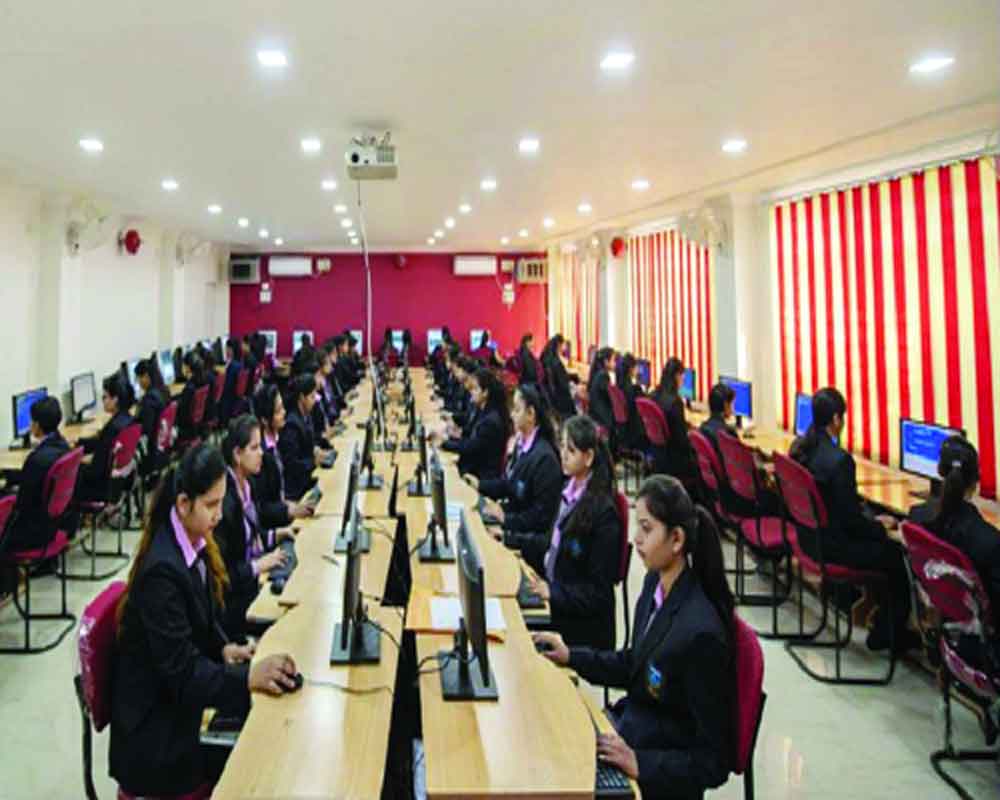The parliamentary panel should consider the implications this change will have on the rights and lives of young people
The Union Cabinet’s decision to increase the minimum age of marriage for girls from 18 to 21has raised a debate on the need for it. The narrative of this being a step towards women’s equality, empowerment, and improving their health seems to have resonated well with large sections of the urban, educated and well-to-do. The issue is not as simple or straightforward as it appears to be and requires a nuanced, evidence-based approach. It is important to examine the need and implication of this policy change on the lives and rights of young people, age of consent for consensual sex, consensual pre-marital sex,and live-in relationships.
Despite the Prohibition of Child Marriage Act (PCMA), 23 per cent ofwomen were reportedly married before 18 years and 17.7 per cent before 21(National Family Health Survey (NFHS) 5), significantly lower than 47 per centof girls reporting the same in NFHS 3 (2005-06). Currently underage marriages are legally valid but can be nullified within two years of the minor involved attaining majority.
The economic condition and caste of the family play a vital role in early marriages. Illiteracy, poverty, protecting the girl child from sexual abuse, are the major factors contributing to early marriages. By increasing the minimum age of marriage to 21, the burden on poor families and girls will only increase and marriages of girls in the age group of 18-21 will be criminalised. More girls and families will be stigmatised and will be open to exploitation by vested interests, including law enforcement agencies and caste groups.The worst affected will be young people who choose their partners against the wishes of their families. Dishonour killings may increase.
Ideally both boys and girls should have a right to be married once they attain adulthood, at 18. By having different minimum age for boys and girls PCMA recognizes the fact that it is a norm in society for a wife to be younger than the husband. This provision therefore protects a girl child from child marriage.
Getting married is not the top reason why girls drop out of education. It was cited only by 7.9 per cent of girls (NFHS-4 (2015-16).Not interested in studies, high cost, school not close by, and required for household work were the top reasons. Improving access to quality, affordable education by making college and hostels free for girls from weaker sections is likely to help keep girls in colleges.
The proposed change has implications on Sexual and Reproductive Health and Rights (SRHR)of young people.The Protection of Children from Sexual Offences Actincreased the age of consent from 16 to 18, impacting adolescents in a consensual sexual relationship, with the impact being felt disproportionately by girls.Will the age of consent now become 21? Will we end up criminalising young people in the age group of 18-21 in a consensual sexual relationship?
Sadly, the full report or the composition of the expert committee is not in the public domain. In a way the expert committee’s hands were tied, given the Prime Minister expressing the need to examine, increasing the age of marriage for girls in his Independence Day address in 2020. With such high-level commitment, it would have been impossible for the committee to differ. However, the committee seems to have done a fine balancing act by highlighting other issues that need to be addressed first.Press reports indicate that “the committee also asked the government to look into increasing access to schools and colleges for girls, including their transportation to these institutes from far flung areas. Skill and business training has also been recommended, as has sex education in schools. The committee said these deliveries must come first, as, unless they are implemented and women are empowered, the law will not be as effective”. Instead of addressing core issues that lead to early marriages, the cabinet has chosen the easier way of legislation, when we know a law alone cannot do the job. Presenting this as gender equality and women’s empowerment intervention seems to have won over the ‘privileged class’, who have little understanding and empathy for the poor and marginalized families/girls.
The bill has now been referred to a Parliamentary Standing Committee. Hopefully, it willconsider the implication this change will have on the SRHR rights and lives of young people and advice the Government to drop this ill-thought-out move.
(Ms. Debanjana Choudhuri, gender and climate justice expert and Mr. VS Chandrashekhar, Country Director, Marie Stopes Reproductive, Tanzania & individual expert for SRHR The views expressed are personal.)
























